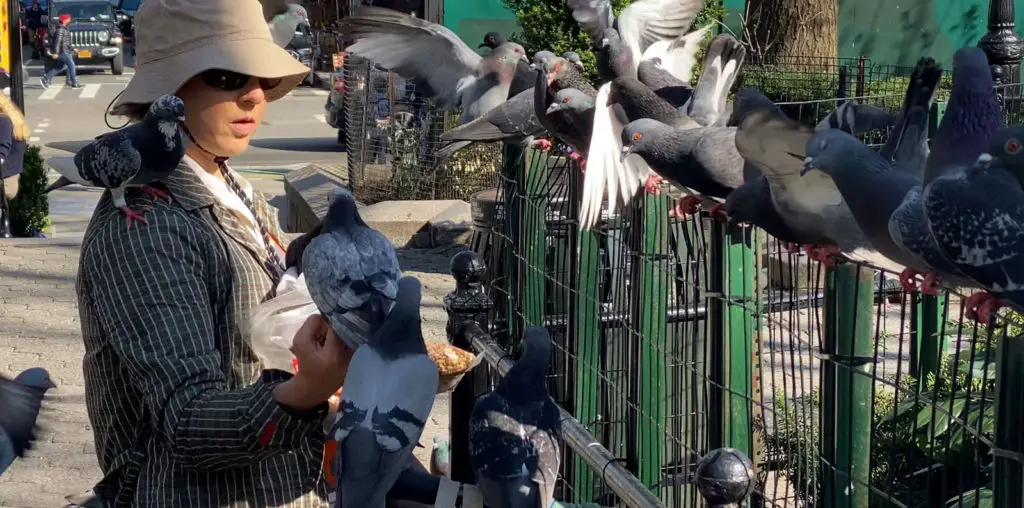
Perhaps because of their woeful economic state, there aren’t a lot of films coming out of Greece at the moment. Hopefully, “Standing Aside, Watching” isn’t their best cinematic foot forward because watching it was an incredibly painful experience.
Billed as a Greek western revenge film, the premise sounds promising. Well, they either have a different definition of western revenge or they utterly failed in their mission. The heroine, named after the mythical character Antigone, never successfully avenges anything. That makes all the horror that comes before it feel gratuitous and also undermines the whole purported point of the film – that of female empowerment and action. Though the running time is only 90 minutes, the unfolding of the action feels excruciatingly slow and the titular line is uttered so much that it starts to feel like a cliché.
Antigone (Marina Symeou) narrates the film, explaining the cultural and economic culture of her small Grecian town in voiceover. She thought things were bad when she was growing up in the 1980s. Little did she know, she had been living in the salad days. The present-day incarnation of her seaside town is much worse off. But, having thrown in the towel on an acting career in Athens, she decides to make a go of it anyway, taking a teaching job as well as a much younger lover (Yorgos Kafetzopoulos – the Greek Jake Gyllenhaal). She also reconnects with an old school chum, Eleni, who has found herself in a very abusive relationship with the town baddie, Nondas, an unscrupulous scrap yard owner who makes Deadwood’s Al Swearengen look like a feminist.
One thing writer/director Yorgos Servetas does well (with the help of cinematographer Claudio Bolivar) is set the scene. The viewer really gets to know the town via numerous landscape shots. Destinations are far enough apart that Antigone must drive everywhere, passing scenery that alternates from industrial to pastoral, dilapidated to picturesque. The contrast is not subtle. Servetas does not seem capable of subtlety, which is perhaps why he has his characters explain the title over and over again. Do you get it? This town has fallen apart because of passivity. It has allowed the criminal, patriarchal element to take over through inaction. Servetas really wants to make sure you understand what he’s going for.
In Greek myth, Antigone is the incestuous product of Oedipus and his mother Jocasta. She gets in trouble when she defies the laws of King Creon in order to give her brother a proper burial. The specifics of the tale have nothing to do with the plot of “Standing Aside, Watching.” But Antigone’s self-righteous attitude is what the two women have in common. You might call them “antigonistic.”
Like with most Greek myths, there isn’t really anyone to root for here. Neutral people become terrible and already terrible people become worse. The would-be heroine doesn’t deserve what happens to her, but she treats almost everybody she meets poorly, including her boyfriend, who just so happens to work for Nondas. Apart from Antigone’s brother, who has the good sense to live by the beach, as far removed from town as possible, the most moral character is a stray dog. The dog is also the only creature that receives Antigone’s full love and support.
The plot builds toward a breaking point for Antigone. But there is no justice for her. All of her strength and resolve just gets her into more and more trouble and, in the end, it is a man who must save her. Ultimately, the narrative seems to suggest that if you’re going to stand up to evil and oppression, you’d better have some testicular backup. I suppose that’s nothing new in Greek stories. But it’s still pretty disappointing. Guess Antigone would have been better off standing on the sidelines, watching.
